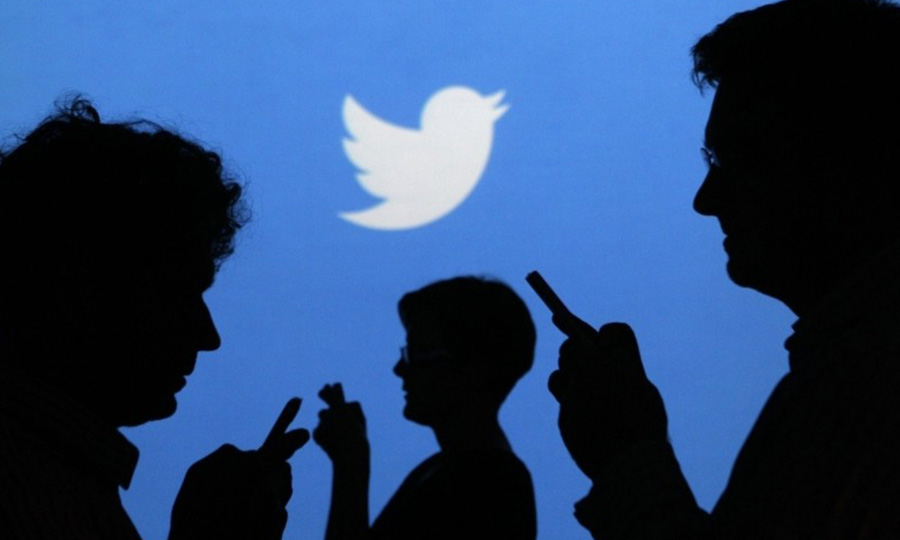
June 28, 2016
The struggle has been apparent, especially as a staggering 8% of Twitter’s global workforce was let go just last year. In an attempt to expand its faltering user base, Twitter has announced a number of functional site alterations for the future.
The manner in which users retweet and reply to one another will also be modified. A previous rule was that replies were only made public if a period was placed before another person’s username (ie .@PannosMarketing). This no longer exists. Instead, replies will be made public by quoting an entire responding tweet (ie “@PannosMarketing you are the best marketing agency around!”). Don’t worry, if you reply to someone without quotations it will still remain private. Additionally, users are now capable of retweeting their own tweets. Yes, this practice does sound a bit redundant. Yet, it allows people to reemphasize tweets that they feel their followers may have overlooked or just not paid enough attention to.
The manner in which users retweet and reply to one another will also be modified. A previous rule was that replies were only made public if a period was placed before another person’s username (ie .@PannosMarketing). This no longer exists. Instead, replies will be made public by quoting an entire responding tweet (ie “@PannosMarketing you are the best marketing agency around!”). Don’t worry, if you reply to someone without quotations it will still remain private. Additionally, users are now capable of retweeting their own tweets. Yes, this practice does sound a bit redundant. Yet, it allows people to reemphasize tweets that they feel their followers may have overlooked or just not paid enough attention to.
Twitter’s efforts seem to be directed towards creating a simpler and less restrictive social media platform. It’s unlikely that Twitter will ever abandon the 140 character count. After all, if users were free to make tweets as long as they wanted, Twitter would lose some of its uniqueness. However, slightly alleviating some of the character count constraints will encourage additional interaction. Twitter is not making any groundbreaking changes; they are simply refining some of their methods to see if it improves their tottering reputation.






